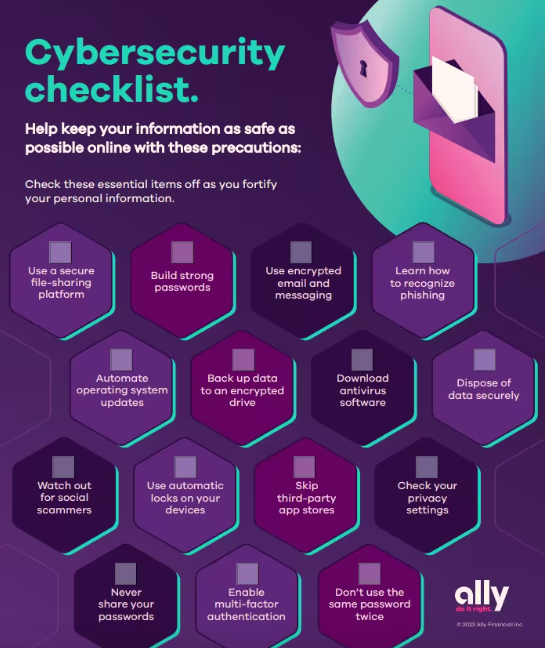Welcome to our comprehensive guide on online safety, cybersecurity, and privacy. In today's digital age, where the internet plays an integral role in our daily lives, ensuring the protection of your personal information is of utmost importance. In this article, we will discuss the significance of cybersecurity and privacy online, and we will provide you with practical tips and strategies to stay safe in the ever-evolving digital world.
The Importance of Cybersecurity
Cybersecurity refers to the set of measures taken to protect computers, servers, mobile devices, electronic systems, networks, and data from digital attacks. Given the rise in cybercrime incidents over recent years, understanding and implementing proper cybersecurity practices has become essential.
A strong cybersecurity framework not only protects confidential information but also ensures the smooth functioning of various online activities such as e-commerce, online banking, and communication. It safeguards against threats like malware, ransomware, phishing, and identity theft, thus providing a safer online environment for individuals and businesses alike.
The Significance of Privacy Online
Privacy online refers to the control individuals have over the collection, usage, and disclosure of their personal information while using the internet. Maintaining privacy is crucial, as personal data can be misused by hackers, companies, or malicious entities.
With the increasing number of data breaches and privacy violations, protecting one's online privacy is vital for preserving personal identity, preventing unwanted surveillance, and combatting targeted advertising. By safeguarding your online privacy, you can ensure that sensitive information, such as financial data and browsing habits, remains secure.

Credit: www.google.com
Top Tips for Ensuring Online Safety
Follow these essential tips to enhance your online safety and protect your cybersecurity and privacy:
- Create Strong and Unique Passwords: Use a combination of letters, numbers, and special characters to create strong passwords. Avoid using common words or personal information, and never reuse the same password for multiple accounts.
- Enable Two-Factor Authentication: Add an extra layer of security to your online accounts by enabling two-factor authentication (2FA). It typically involves providing a password and a unique code sent to your mobile device.
- Keep Software Updated: Regularly update your operating system, web browsers, and software applications to protect against newly discovered vulnerabilities.
- Beware of Phishing Attacks: Be cautious of unsolicited emails, messages, or phone calls that request personal or financial information. Always verify the authenticity of the source before providing any sensitive data.
- Use a Virtual Private Network (VPN): A VPN encrypts your internet traffic and provides you with an anonymous IP address, ensuring your online activities remain private and secure.

Protecting Your Privacy Online
Take the following steps to safeguard your privacy while using the internet:
- Review and Adjust Privacy Settings: Regularly review the privacy settings on social media platforms, web browsers, and other online services. Limit the amount of personal information shared and ensure that only trusted individuals have access to your data.
- Use Encryption: Look for websites that use HTTPS encryption. This technology encrypts the connection between your browser and the website, making it difficult for hackers to intercept your data.
- Be Mindful of Third-Party Apps and Services: Before granting access to personal information or downloading apps, review their privacy policies and assess their reputation and credibility.
- Clear Your Digital Footprint: Regularly delete browsing history, cookies, and temporary files. Consider using private browsing modes or browser extensions that block tracking cookies to reduce your online footprint.
- Use Quality Security Software: Install reputable antivirus software, anti-spyware, and firewall protection on your devices to detect and prevent malware attacks.
Conclusion
As the digital landscape continues to evolve, so do the threats and risks associated with online activities. By prioritizing cybersecurity and privacy, and implementing the tips and strategies outlined in this article, you can protect yourself and your data from malicious entities and have a safer online experience.


